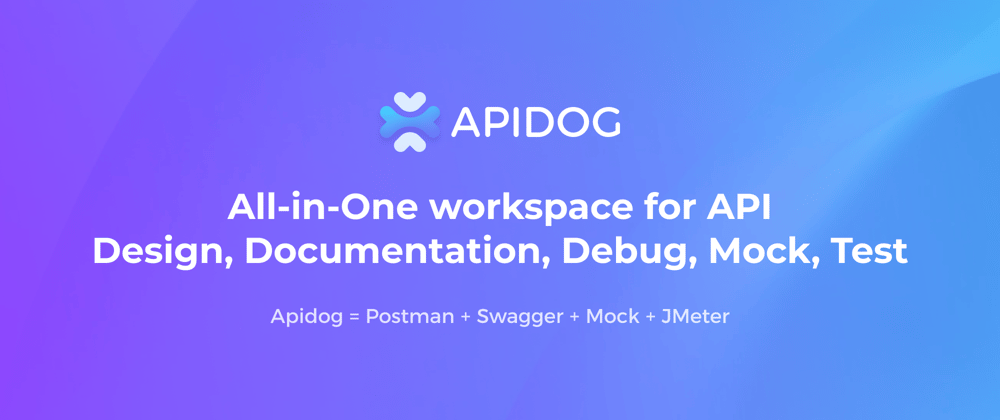What Dam Was Used In The Postman
Understanding Postman’s Capabilities: The Power of Data-Driven Testing
Postman is a powerful tool widely used for API testing, but its potential extends far beyond simple request-response validation. One often overlooked feature is its ability to dynamize tests through data-driven approaches. This allows for a more comprehensive and efficient testing process, mimicking real-world scenarios by handling diverse inputs and validating expected outcomes across various datasets.
Exploring the Power of Data-Driven Testing with Postman
Postman’s data-driven testing capabilities are facilitated by two key elements:
-
Collections: These are organized containers for your API requests, acting as blueprints for your testing workflows.
-
Data Files: External files (like JSON or CSV) containing data for your test cases, providing the dynamism to your tests.
Building a Data-Driven Test in Postman
Imagine you have an API endpoint https://api.example.com/users that allows creating new user accounts. To effectively test this API, you might want to test various scenarios:
- Creating users with different email domains (e.g., gmail.com, yahoo.com, etc.)
- Handling different password formats (e.g., with or without special characters)
- Validating success and error responses based on the input data
Here’s how to achieve this with Postman’s data-driven testing:
1. Create Your Collection:
- In Postman, create a new collection.
- Add a new request named “Create User” to the collection.
- Set the request method to “POST,” and the URL to
https://api.example.com/users. - Add a body payload with the following structure:
{ "email": "{{email}}", "password": "{{password}}"}2. Prepare Your Data:
- Create a JSON file named “user_data.json” with the following content:
[ { "email": "john.doe@gmail.com", "password": "Password123" }, { "email": "jane.doe@yahoo.com", "password": "P@$$wOrd" }, { "email": "testuser@example.com", "password": "Test1234" }]3. Configure the Data Source in Postman:
- Open the “Create User” request in your collection.
- Navigate to the “Tests” tab.
- Select “Add a Test” and choose “Data” from the dropdown.
- Paste the following code into the editor:
pm.test("Verify Response Status", function () { pm.response.to.have.status(201); // Expected successful creation status});
pm.test("Verify Email in Response", function () { pm.expect(pm.response.json().email).to.be.equal(pm.iterationData.get("email")); // Validate email from response against the one used in the request});4. Add Data Source:
- In the “Create User” request, navigate to the “Pre-request Script” tab.
- Add the following code to fetch data from your “user_data.json” file:
pm.iterationData.set(pm.loadDataFile('user_data.json').data);5. Run Your Tests:
- Go to the “Runner” tab in Postman.
- Select your collection.
- Configure the iterations to match the number of data entries in your “user_data.json” file (3 in this case).
- Click “Run.”
Postman will automatically loop through the data in the “user_data.json” file, sending the requests with the specified email and password from each data entry. It will then execute the tests you have defined, ensuring that the response status code is as expected and that the email response matches the one sent in the request.
Simplifying Your Testing with Data-Driven Techniques
Data-driven testing in Postman eliminates the need to manually create duplicate requests for each test case. It simplifies test creation and execution, making testing more efficient and comprehensive. You can effortlessly test against various combinations of data, ensuring your API behaves as expected in real-world situations.
Embracing Data-Driven Testing for More Robust APIs
By adopting data-driven testing in Postman, you can elevate your API testing process to a new level of sophistication. You can simulate diverse user interactions, test edge cases, and verify behavior across various data scenarios. This comprehensive testing strategy will enhance your confidence in the reliability and robustness of your APIs.
